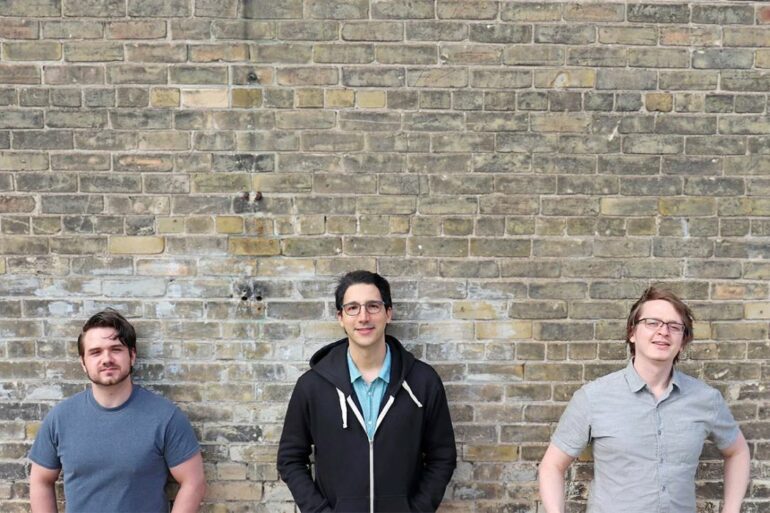Synthetic protein production has many technical applications, from the creation of therapeutics and enzymes, to the manufacturing of household care products like detergent and shampoo.
Though artificial intelligence has made the design process of proteins much faster, synthesizing them using traditional methods remains time-consuming.
“We see ourselves not simply as a cell-free biotech company, but rather a protein synthesis powerhouse.”
—Aidan Tinafar
Manufacturing proteins can take weeks, according to one Canadian biotech firm. The company aims to cut that process down to hours.
Toronto-based Liberum calls its platform “protein synthesis as a service,” and has raised $1.8 million in seed funding to further develop its technology. The round was led by TechU Ventures, with participation from SOSV and Savantus Ventures.
Liberum uses E.coli bacteria, and materials derived from them, to create bespoke proteins using both cell-free and cell-based platforms. Companies can bring their digital sequences—the chemical instructions to make a protein—to Liberum and expect to receive their purified proteins in as little as two weeks, Liberum CEO and co-founder Aidan Tinafar claims.
“We see ourselves not simply as a cell-free biotech company, but rather a protein synthesis powerhouse,” Tinafar said. “Our cell-free system now outperforms state-of-the-art cell-based platforms.”
Cell-free protein synthesis (CFPS) enables production of a specified type of protein without the use of living cells. It has become an established tool in the biochemical space for accelerating the manufacturing of proteins and discovery of enzymes.
RELATED: Synthetic biology startup Ardra is brewing up big plans with its fermentation technology
Using a cell-free system, Liberum said it has already shipped to more than 45 labs around the world that have made multiple repeat purchases.
With this funding, Liberum plans to increase its production capacity, make additions to its team, and expand its suite of available proteins for customers.
Liberum joined the Kitchener-Waterloo business incubator Velocity in 2021. Since gaining access to Velocity’s resources, labs, and networks, Liberum said it has filed the necessary patents and “made advances” to commercialize its technology.
Though incubated at Velocity, Liberum was initially formed within the University of Toronto’s Medicine by Design community. It was co-founded by Tinafar, Alex Klenov, and Chris Leichthammer in 2020.
Featured image courtesy the University of Toronto.


